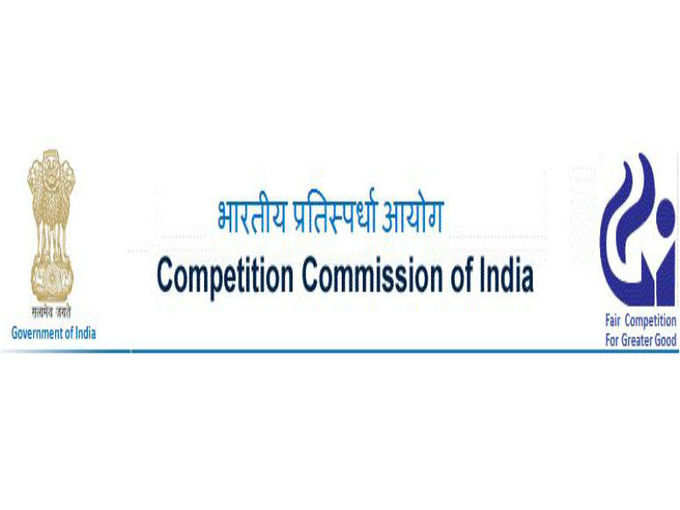 The
The Previously it also slapped varying amounts as fine on the Board of Control for Cricket in India (
CCI, which became fully functional in 2009, effectively reflects a legislative shift from the binding mindset that prevailed at the time of Licence Raj to a conducive regulatory ambience for enhancing consumer welfare by sustaining and encouraging competition in the market. It also functions as a means to support sector-specific regulatory bodies as the role of state as proprietor gets diminished across industries, especially utility and infrastructure, and private participation and ownership increasingly become the driver of economic activities, to ensure a level-paying field for all market participants. A key objective of CCI is to ensure that key players do not abuse their dominant position to involve in anti-competitive activities by using collusion or cartelisation to gain control and market share in specific spaces.
In fact, the Competition Act clearly prohibits anti-competitive agreements, abuse of dominant position by enterprises and regulates combinations via mergers and acquisitions that may hurt competition. CCI is also expected to protect the interests of consumers and ensure freedom of trade in the market in addition to eliminate practices that curb competition. In addition, it is mandated to work in tandem to carry out competition advocacy.
CCI has been probing several sectors especially real estate, entertainment, cement, petroleum, steel, travel industry, healthcare and education to nip anti-competition practices and strategies of a varied bunch of players. In 2011, it had 58 pending cases which were reduced to 20 by July 2012. Currently, it is reportedly looking into 39 cases of violation of anti-competitive norms under the Competition Act. To effectively implement its mandate, it has been granted robust powers in terms of enhanced authority, penalising provisions and a dedicated appellate authority. Armed with enhanced muscle power, it is expected to help transform India into a market place on par with more mature markets like the US where anti-competitive legislations seems to have come of age.
However, there have been concerns regarding the validity of CCI as there have already been industry-specific regulators and if its enhanced authority may force it to infringe upon the functional terrain of other regulatory bodies including the RBI and SEBI.
Also, there have been criticisms that in many cases, the penalty imposed by CCI is excessive against the backdrop of lack of defining guidelines for arriving at the appropriate amounts. However, once CCI manages to iron out the glitches that seeped into its functioning and start using sophisticated economic tools for investigating regulatory violations, it should be able to lead India to an era of enhanced anti-competition practices that will further enhance the country’s status as a market that is fast approaching maturity in terms of regulations.
